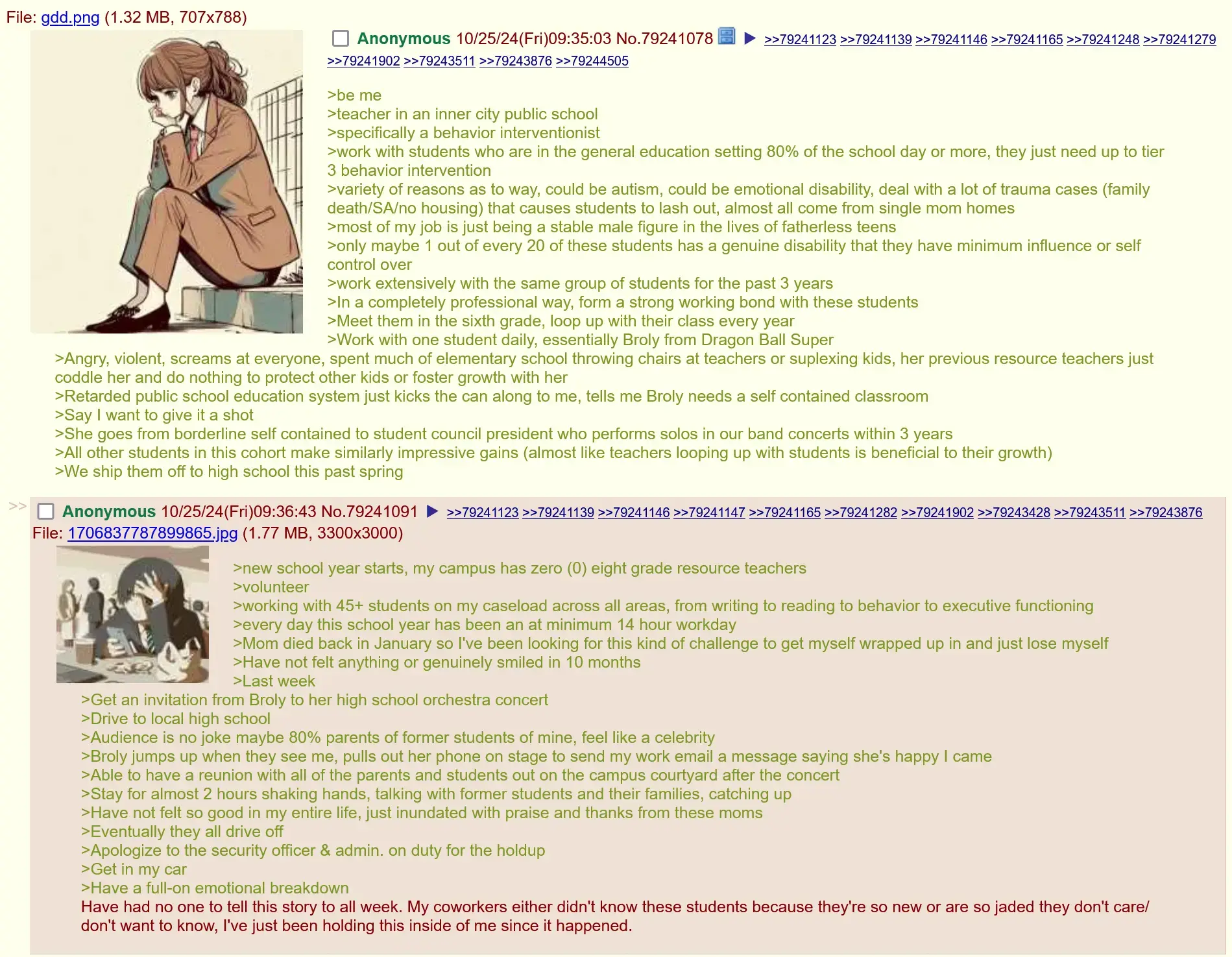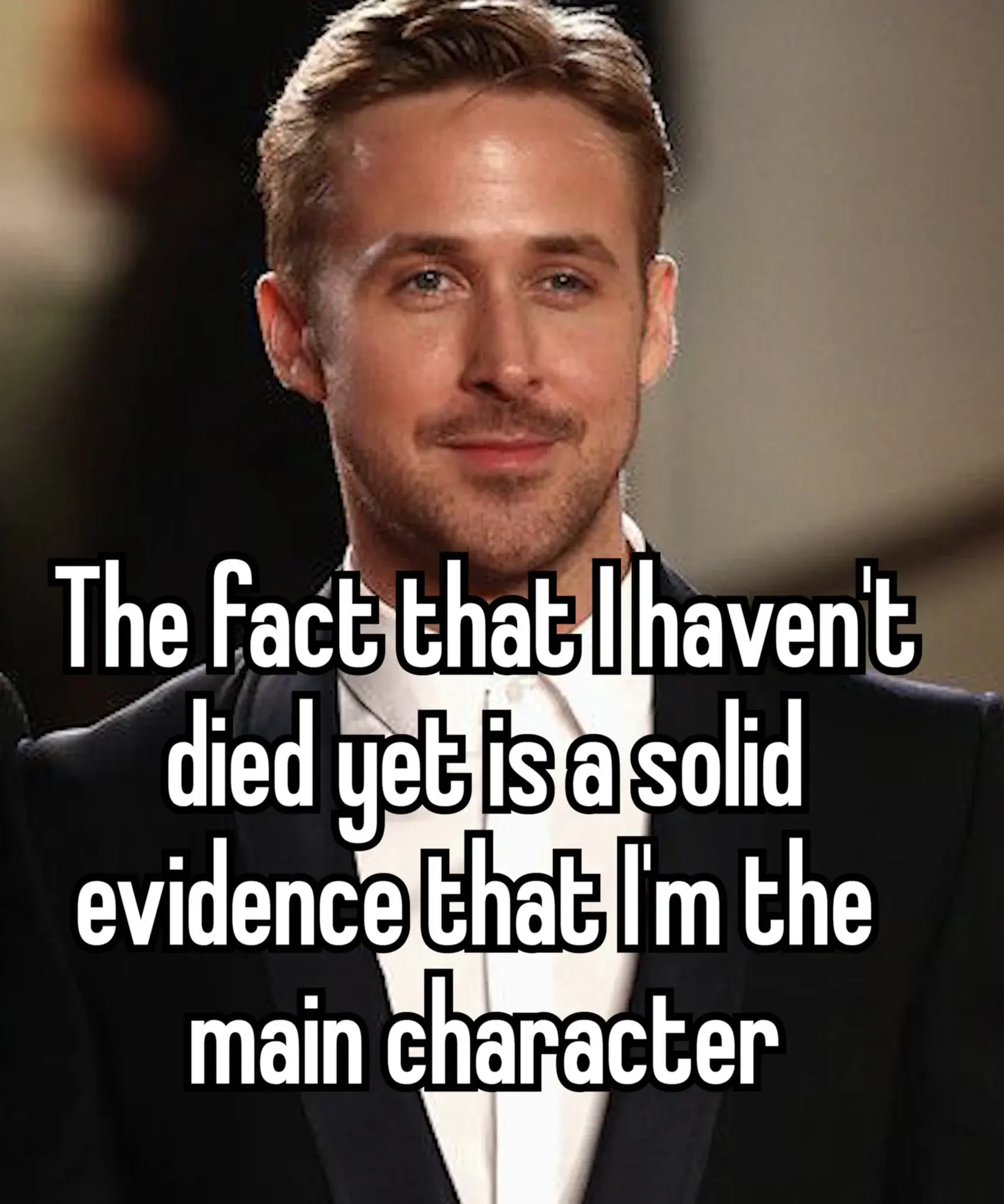Hmm, purism can take many shapes, it's not a strictly formulated stance (even though it might act like it is "scientific" because it minds etymology). It doesn't have to be negative towards neologisms, in fact it can be very positive towards them if they're based on native material and are meant to replace loanwords.
From the sidebar:
‘Traditional’ here means ‘Physical’, as in artworks which are NON-DIGITAL in nature.
Large AI companies themselves want people to be ignorant of how AI works, though. They want uncritical acceptance of the tech as they force it everywhere, creating a radical counterreaction from people. The reaction might be uncritical too, I'd prefer to say it's merely unjustified in specific cases or overly emotional, but it doesn't come from nowhere or from sheer stupidity. We have been hearing about people treating their chatbots as sentient beings since like 2022 (remember that guy from Google?), bombarded with doomer (or, from AI companies' point of view, very desirable) projections about AI replacing most jobs and wreaking havoc on world economy - how are ordinary people supposed to remain calm and balanced when hearing such stuff all the time?
Oh man...
That is the point, to show how AI image generators easily fail to produce something that rarely occurs out there in reality (i.e. is absent from training data), even though intuitively (from the viewpoint of human intelligence) it seems like it should be trivial to portray.
Yeah, I don't think that would fly.
"Your honour, I was just hoarding that terabyte of Hollywood films, I haven't actually watched them."
Bro are you a robot yourself? Does that look like a glass full of wine?
AI can “learn” from and “read” a book in the same way a person can and does,
If it's in the same way, then why do you need the quotation marks? Even you understand that they're not the same.
And either way, machine learning is different from human learning in so many ways it's ridiculous to even discuss the topic.
AI doesn’t reproduce a work that it “learns” from
That depends on the model and the amount of data it has been trained on. I remember the first public model of ChatGPT producing a sentence that was just one word different from what I found by googling the text (from some scientific article summary, so not a trivial sentence that could line up accidentally). More recently, there was a widely reported-on study of AI-generated poetry where the model was requested to produce a poem in the style of Chaucer, and then produced a letter-for-letter reproduction of the well-known opening of the Canterbury Tales. It hasn't been trained on enough Middle English poetry and thus can't generate any of it, so it defaulted to copying a text that probably occurred dozens of times in its training data.
Facebook (Meta) torrented TBs from Libgen, and their internal chats leaked so we know about that, and IIRC they've been sued. Maybe you're thinking of that case?
while land cannot be truly owned, it can be in use by people,
What can be "truly owned", and what does that entail?
If somethinɡ is merely "in use" by someone, can it be stolen from the user?
What is stealing? Doesn't stealing, as we intuitively understand it, presuppose (depriving someone of) ownership?
Let's say we find ourselves in this situation: you've loaned a book from the library, and someone stole it. Intuitively we might say the book was stolen from you. But that's mainly because it was temporarily associated with you; you didn't really own it, the harm for you is lesser than it would be if a book you bought was stolen, and more substantial harm affects the library that legally owns the book.
The book is stolen from the library. That's bad for the library. The land is stolen from...? Who is that bad for?
The analogy can only go so far, of course. The actual details of how Native Americans'(?) land was stolen include stuff like
Past treaties that had transferred land ownership employed a wide range of unethical or illegal tactics. Clauses, written in English but never mentioned to the Native signers, might appear in the “official” document.
Illegitimate “chiefs” also signed treaties. The Creek complained bitterly in 1825 that the Treaty of Indian Springs, which sold virtually all of the Tribe’s remaining land, had been signed by individuals not authorized to make such a sale. The Federal Government’s negotiators were well aware of this. The Tribe’s senior leaders had refused to sell and left the negotiations. After the senior leadership had left, the negotiators turned to the few remaining minor chiefs and persuaded them to sign the treaty.
Which is all basically theft through deception and similar. But to judge it that way we do have to already assume that the Natives owned the land that they were then cheated out of...
I (think I) remember some mazes or hallways could be generated in the shape of the swastika, but it got patched away many versions ago. Guess Evan will have to do some swastika-pruning once more.
(you know who I’m talking about)
(I don't)








I tried to read about "just-in-time economy" but I really don't see how it would apply to book market?